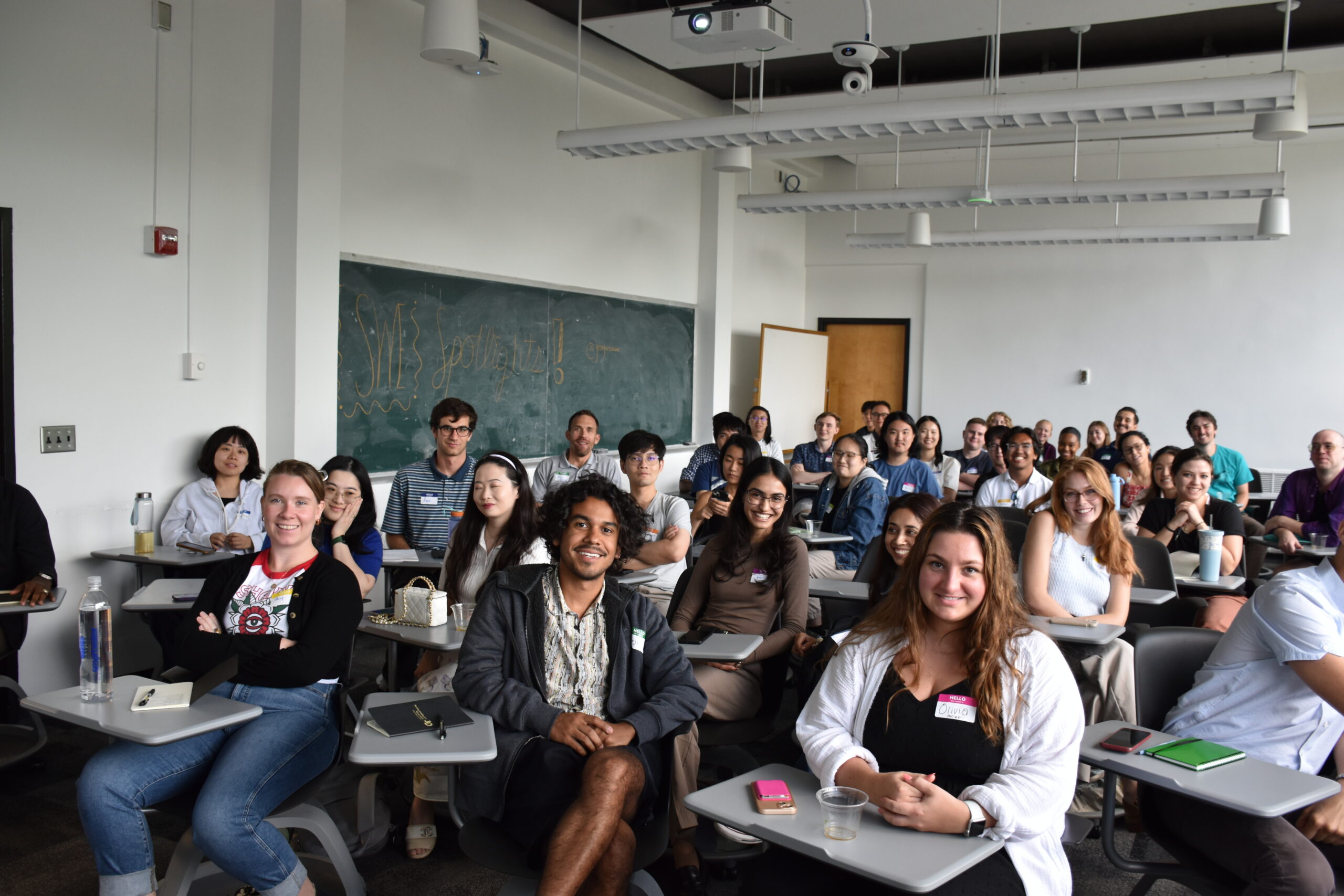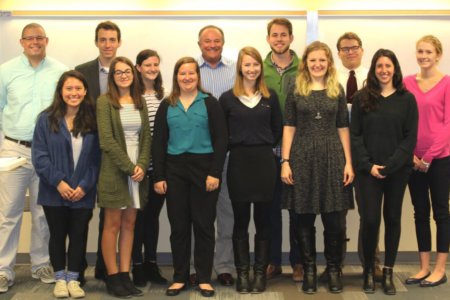Georgia Institute of Technology graduate Bill Huang has always cared about where society was heading, especially in his hometown of Atlanta, where a mix of Asian American immigrants and long-time residents of the American South live. This is one of the key reasons why he got into city planning. He saw how populations are migrating into urban areas and making these areas are key for future livability of humanity and his loved ones.
Already equipped with a Bachelor of Science in Mechanical Engineering, he wanted to do more. Hence, the Master of Science in Urban Analytics (MSUA).
“The MS in Urban Analytics stood out to me because it felt true to Georgia Tech’s mission since our institute’s founding to ‘develop leaders who advance technology and improve the human condition,” he says. “This programme does exactly just that. It takes computing, data science, and planning theory towards its usefulness in solving human problems we face such as our living conditions, natural disasters, and economic prosperity.”
Led by the School of City & Regional Planning, the MSUA’s main goal is to leverage data science to address the major issues plaguing cities. It aims to solve challenges in air, water, and land pollution, carbon emissions, traffic congestion, inadequate housing options, and disparities in access to urban services. Knowing that the university has strong links with practitioners, researchers, politicians, and other universities making a mark in developing cities, joining the programme was a no-brainer for Huang.
The MSUA provides rigorous training in urban data science, spatial analytics, and the application of artificial intelligence to solving the country’s urban problems, which is complemented by substantive coursework in urban theory.
“The MSUA programme is the first interdisciplinary urban analytics graduate degree jointly offered by three colleges and four schools at Georgia Tech,” says programme director Professor Subhro Guhathakurta. “Each of the four schools – School of City & Regional Planning, H Milton Stewart School of Industrial and Systems Engineering, School of Interactive Computing, and School of Computational Science and Engineering – are highly respected schools that are ranked in the top 10 schools in their domain.”

The MSUA covers urban data science, spatial analytics, and the application of artificial intelligence. Source: Georgia Institute of Technology
To Huang, the interdisciplinary aspects of the programme allow him to see problems more clearly and address them more creatively. “My skills in understanding datasets and data analysis help me to see the nuance in problems from a more grounded perspective,” he says. “Computing has allowed me new tools that have not previously existed in the city planning field. Urban planning has taught me that STEM possibilities alone cannot solve every planning problem, but they can play a big part in a lasting solution.”
MSUA students spend three semesters completing four modules in the span of a year. These modules include Urban Systems, Spatial Analysis, Computational Statistics, and Modelling and Visualisation. They culminate in a capstone course, which puts you in real-world settings as you work alongside existing clients to execute an urban analytics-focused project.
“A favourite course of mine was the urban analytics course created for this degree,” Huang says. “Here we can run analysis not on just numbers but also express and think about what these numbers represent, like train networks, opinions, and people. This course opened up so many creative possibilities for me in how to think about our cities and possible ways to study things we have not been able to grasp before modern computing.”

MSUA student Bill Huang presenting his findings in one of the programme’s courses. Source: Georgia Institute of Technology
Some classes even had industry professionals and university researchers visiting to share what their organisation has been doing on the side of urban analytics. There is also a required course dedicated to implementing a practical problem with a real-world partner organisation or specific research paper, thus exposing you to how the industry operates.
“I conducted research as part of a small team with the University of Tokyo, where we stayed in their Smart City research facility while conducting machine learning research with mobile device data sets for a neighbourhood in Tokyo,” Huang says. “This experience showed me how accessible and tangible new ways of problem-solving are with the skills you gain in the programme and the availability of modern resources.”
It being a fairly new addition to the list of postgraduate programmes, the MSUA has had three cohorts of graduates since its inception – all of which have scored jobs within six months of graduation. It has a 100% success rate for job placements, with graduates working in diverse industry sectors, both public and private, from transportation consulting agencies and legal firms to regional and municipal governments and urban planning consultancies.
As it is STEM-designated, international students have the opportunity to apply for an additional 24 months of work authorisation after graduation, adding to the 12 months of regular Optional Practical Training (OPT). This lets you stay in the country longer, allowing you to gain more work experience. As for Huang himself, he is now a data scientist at a regional planning and intergovernmental coordination agency in Atlanta, keeping his promise for wanting to work for and with the people of his home city.
Follow Georgia Institute of Technology’s School of City and Regional Planning on Instagram, LinkedIn, X, and YouTube.











